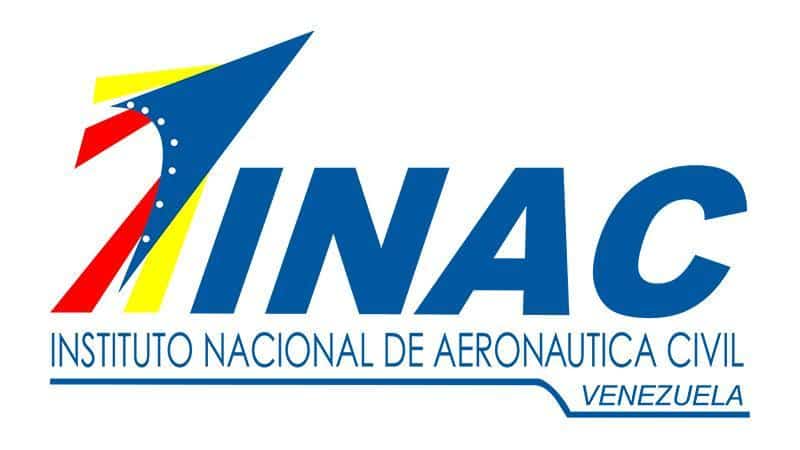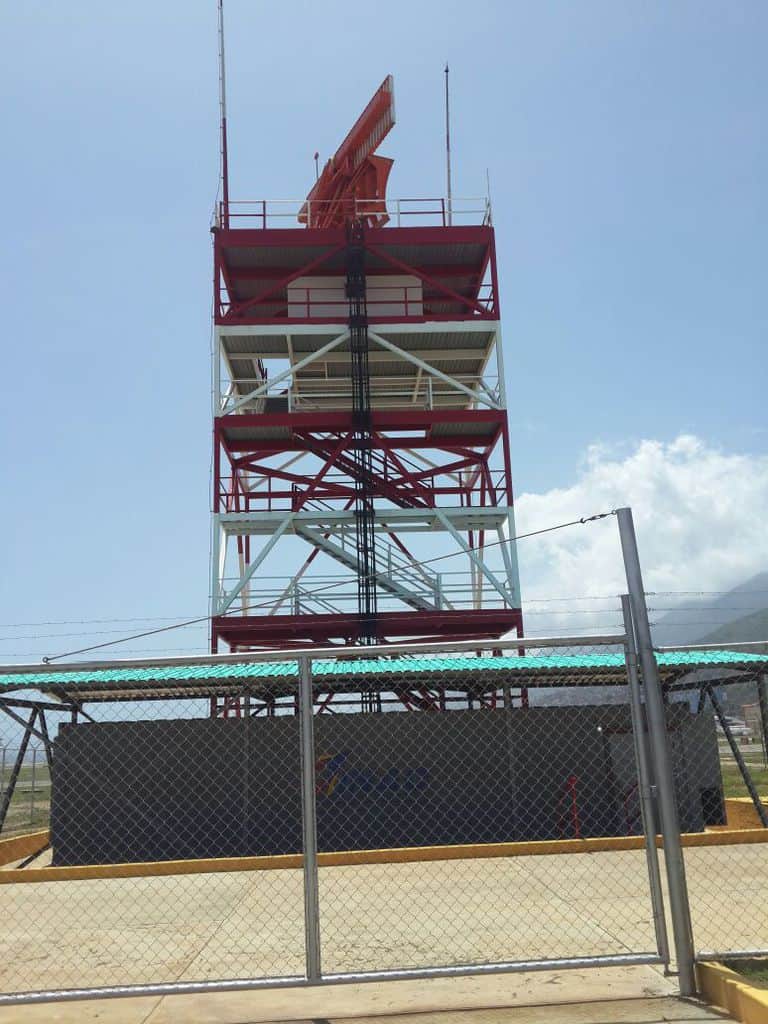With a view to modernizing Venezuelan civil aviation and to fulfilling the requirements of the International Civil Aviation Organization (ICAO), the National Institute of Civil Aeronautics (INAC) of the Bolivarian Republic of Venezuela, under the jurisdiction of the Ministry of Popular Power for Transport (MPPT), signed a Service Management Agreement with ICAO in 2016 for the provision of the technical support and advice required to complete major projects related to air navigation services.
 This alliance leveraged the extensive experience of ICAO’s Technical Cooperation Bureau (TCB) in international purchasing processes, which call for public tenders, prompt and precise execution and total transparency in all administrative procedures.
This alliance leveraged the extensive experience of ICAO’s Technical Cooperation Bureau (TCB) in international purchasing processes, which call for public tenders, prompt and precise execution and total transparency in all administrative procedures.
ICAO, the specialized agency for aviation of the United Nations, supports its 191 Member States in the development and implementation of civil aviation projects aimed at enhancing safety, security and facilitation, capacity and efficiency of air navigation services, the economic development of air transport and environmental protection.
Between 2005 and 2012, the Government of Venezuela promoted civil aeronautical policy through the Modernization of Airports and Air Traffic Management Project (MAGTA). This was a successful endeavor of major proportions that covered 26 projects in areas such as: airspace surveillance, air navigation aids, search and rescue, aeronautical communications and training.
In 2017, the Bolivarian Republic of Venezuela implemented four new projects, under a new Service Management Agreement, to optimize the Directorate of Air Navigation Services, specifically: restoration of MI-172 helicopters for the Search and Rescue Service (SAR); equipment for the new Control Center at the Simón Bolívar International Airport in Maiquetía; logistics for the maintenance of the radar systems purchased during MAGTA and modernization of the radar at Maiquetía. These projects will be supported by ICAO’s TCB.
Restoration of MI-127 Helicopters for the Search and Rescue Service (SAR)
The Government undertook a project to repair three Search and Rescue Service helicopters as quickly as possible. These repairs were performed to guarantee superior search and rescue services to the Venezuelan people and, in accordance with the provisions established under Venezuelan Aeronautical Regulation No. 279, to meet the national legal requirements in force and to satisfy ICAO Standards and Recommended Practices (SARPs).
As well, in accordance with the Homeland Plan 2014-2019, the Civil Aviation Authority is responsible “to maintain the correct operation of air navigation services, through the strengthening of the logistic cycle, as well as 24-hour provision of SAR services in case of air accidents”, which fall under the Directorate of Air Navigation Services.
Equipment for the new Control Center at the Simón Bolívar International Airport in Maiquetía
The Control Center at the Simón Bolívar International Airport in Maiquetía, which is committed to excellence and leadership in maintaining international standards of air transit safety, requires an appropriate physical space equipped with cutting-edge technology in order to achieve its mission. The specifications for this facility include quality, comfort, ergonomics and leading technology systems in order to facilitate prompt and accurate decisions to resolve complex issues. The operators must be able to interact easily and solve any situation related to the Air Navigation Services, taking into consideration that this Directorate manages all air traffic within the Maiquetía Flight Information Region (FIR Maiquetía).
To this end, the project involved purchasing and certifying a new Area Control Center (ACC) and updating and equipping the national Approach Control Services (APP) in order to maintain service excellence by using the latest technology to meet the requirements of the Regional and National Air Navigation Plan.

Logistics for the Maintenance of Radar Systems Purchased During MAGTA
As part of the Modernization of Airports and Air Traffic Management Project (MAGTA), executed by the Government of the Bolivarian Republic of Venezuela through INAC, with the support and advice of the ICAO’s TCB, five S-band primary surveillance radar systems, two L-band primary surveillance radar systems and ten secondary surveillance radar systems (MSSR) were purchased in order to expand the installed capacity and strengthen the safety and reliability of Air Navigation Services. These radar systems were installed starting in 2007.
The purchase of this logistic support was aimed at checking, correcting and repairing failures on these radar systems when they might occur. This will greatly reduce the response time and allow for optimal operation of the systems. In this way, the provisions of RAVs will be fulfilled.
Modernization of Radar at the Simón Bolívar International Airport in Maiquetía
In 2005, through the modernization project called “Maiquetía 2000” executed by the Institute of Maiquetía International Airport (IAIM), a fully solid-state S-band primary surveillance radar system with 80 nautical mile range along with a Model ASR 10 SS, and a monopulse secondary mode-S radar, with a theoretical 250 nautical mile range was acquired to replace the former radar system. This new system was installed between 2006 and 2007 and began operation in 2007.
To continue the updating process of Venezuelan civil aviation systems, purchase of a new fully solid-state S-band primary surveillance radar system, with 80 nautical miles range, as well as a monopulse secondary mode-S radar is planned. This will allow Venezuela to continue meeting international standards and ICAO SARPs with regard to automatic identification of aircraft. Additionally, this mode-S radar allows tracking of each aircraft separately and its new 25 feet altitude resolution – against the former 100 feet – represents a major benefit to air transit services.
Air surveillance systems have become a fundamental tool for aviation safety and for air services providers, since they offer air traffic controllers a real-time panoramic overview of the situation in the air. This allows ATCs to make appropriate decisions to guarantee adequate separation between aircraft that operate within the same air space.
With the prompt execution of the aforementioned projects, the Bolivarian Republic of Venezuela is continuing to progress in the field of civil aviation and maintain the international standards set forth by ICAO.
